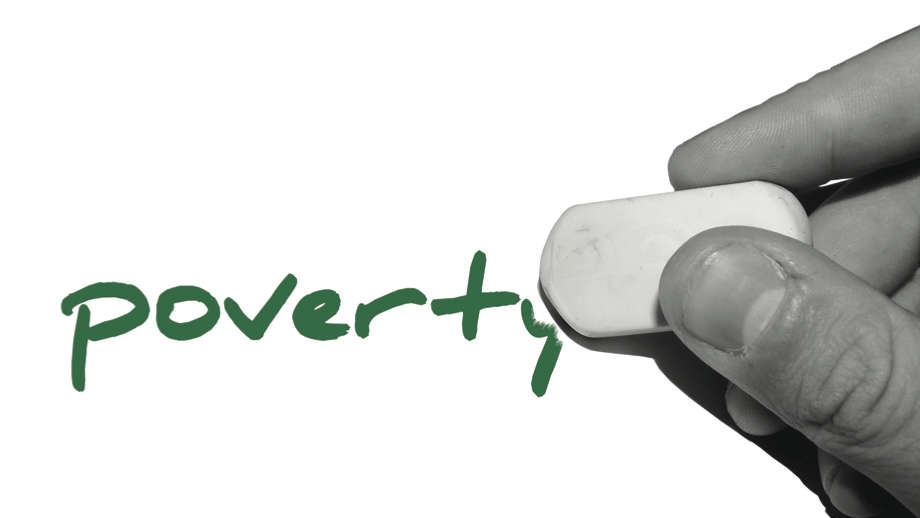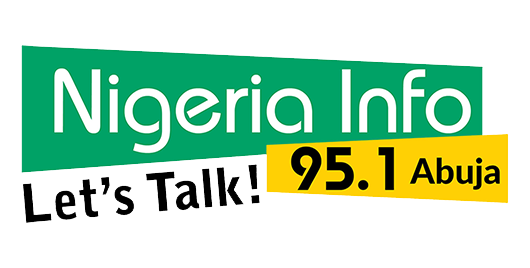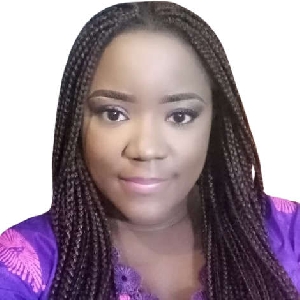
A new report from the National Bureau of Statistics shows that 133 million Nigerians are multi-dimensionally poor.
This means that 63 percent of people in the country lack of access to healthcare, education, employment, and security.
The National Multidimensional Poverty Index (MPI) was launched on Thursday and offers a multivariate form of poverty assessment, identifying deprivations across health, education, living standards, work, and shocks.
This is a departure from the usual practice of measuring the poverty rate by assessing the number of persons who live under $2 a day.
The Statistician-General of the Federation and CEO of the NBS, Semiu Adeniran, said this was the first time the bureau would conduct a standard multidimensional poverty survey in Nigeria.
“The survey was implemented in 2021 to 2022 and it is the largest survey with a sample size of over 56,610 people in 109 senatorial districts in the 36 states of Nigeria,” he said.
“Unlike the Global MPI which uses three dimensions (Health, Education and Living Standards), we added a fourth dimension, Work and Shocks in the 2022 MPI Survey.
“This fourth dimension as well as other added variables such as food security, water reliability, underemployment, security shocks, and school lag, were all added to reflect the current realities and priorities in Nigeria.”
The Minister of State for Budget and National Planning, Clem Agba, said the 2022 MPI report will be used as a policy tool for targeted resource allocation.
But the rising poverty rate thwarts the federal government’s plan to lift 100 million Nigerians out of poverty in 10 years.
In June 2021, President Muhammadu Buhari inaugurated the National Steering Committee of the National Poverty Reduction with Growth Strategy to make this work.


